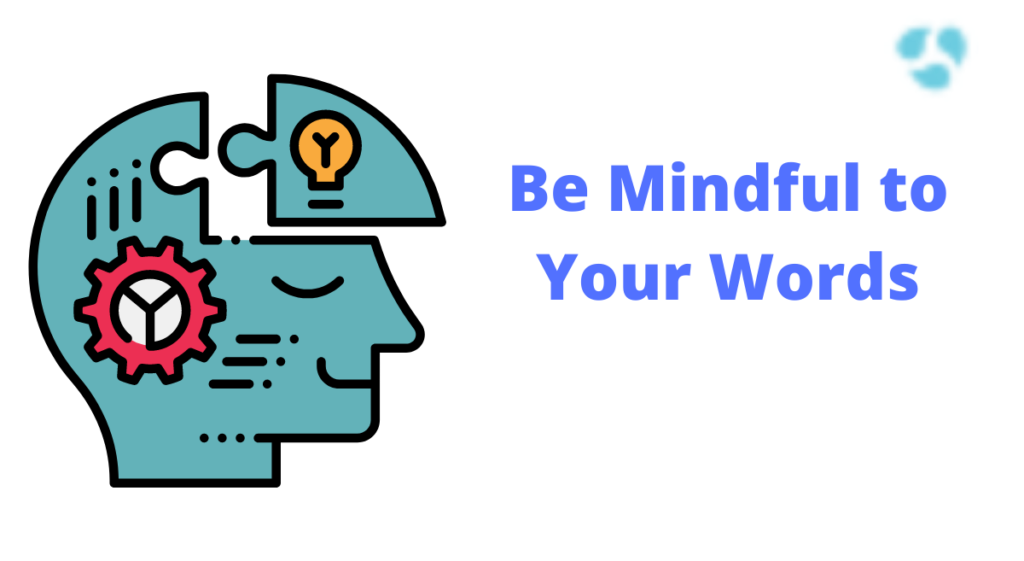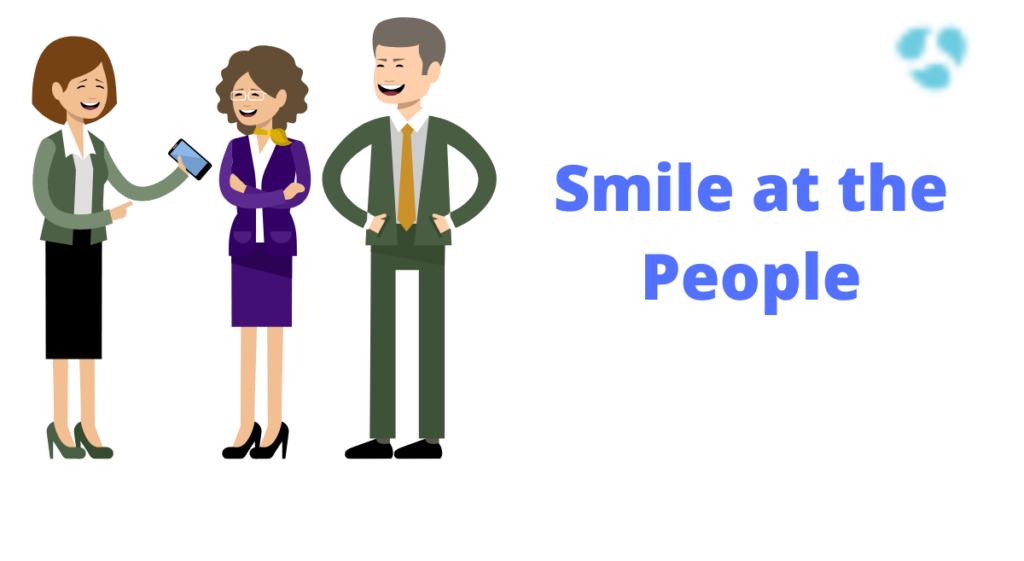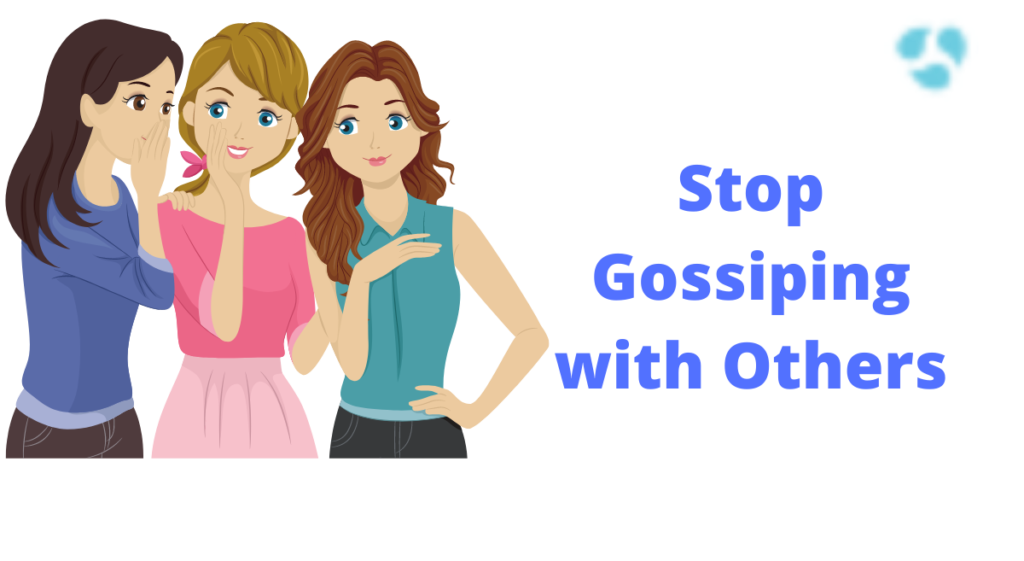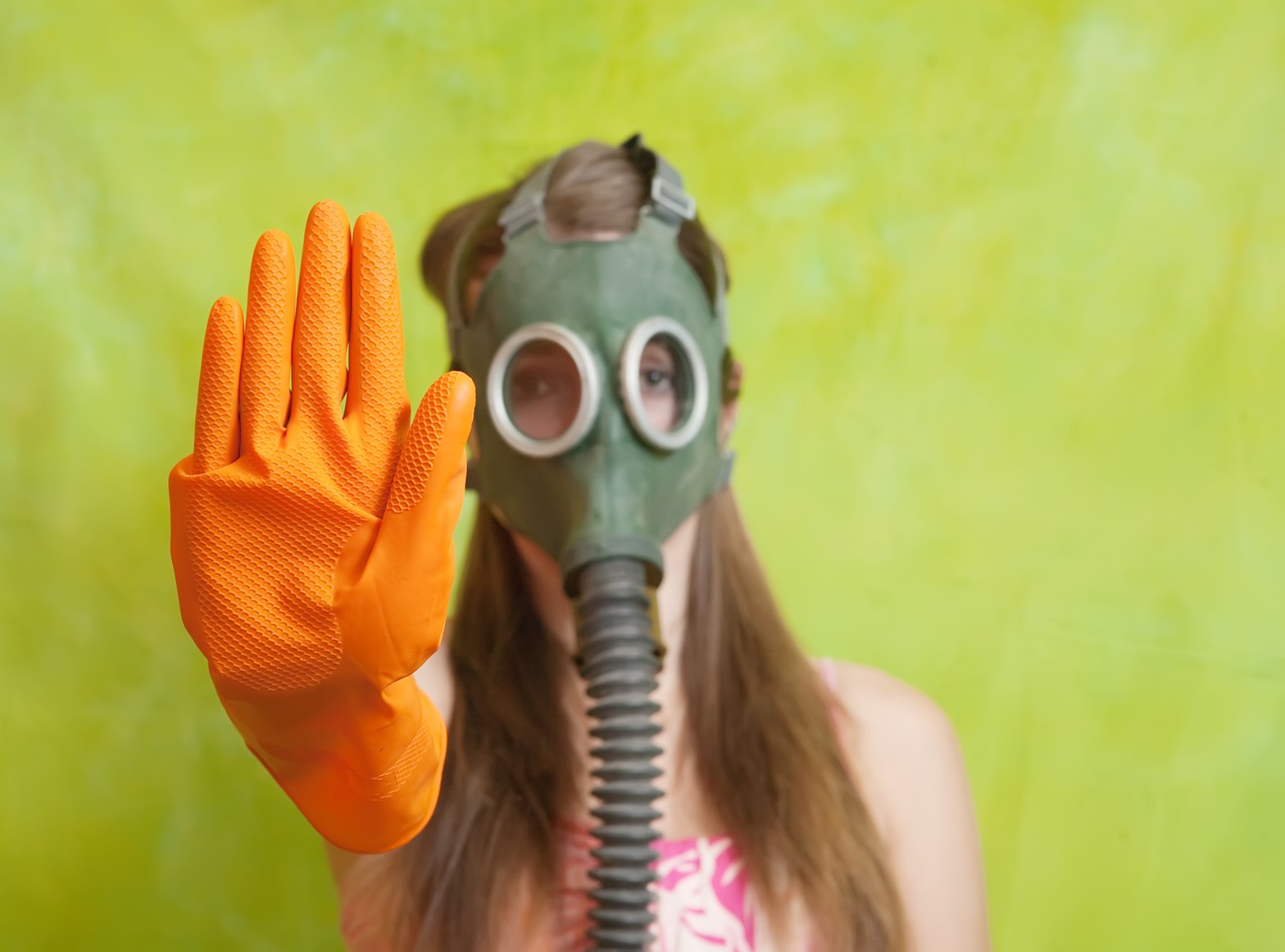Have you ever been called a toxic person? Or have you noticed that people tend to avoid being around you? Toxic people are not just bad for your mental health; they can also be bad for your career. In this blog post, we will discuss how to stop being a toxic person and give some critical steps to stop being a toxic person.
Own up to your toxic behavior
The first thing to do is admit that you have a problem. If your friends and family don’t already know, it may be time for you to tell them how they’re being affected by what you say or do. It can be hard to admit toxic behavior because we want people around us, but if any of the following are true about yourself:
- You see other people as objects instead of human beings with feelings and needs.
- You’ve been told at least once in your life that your words make others feel worse about themselves (and haven’t done anything different)
- Your relationships never last more than six months regardless of who’s involved – then it might be time for some self-reflection on which you can’t ignore.
The next step is to figure out why you’re behaving this way in the first place. If it’s not a mental health problem, then what could be causing these feelings? Is someone hurting you or making your life difficult on purpose? Have you been through any traumatic events that may have caused some pain inside of yourself, and now when people are close to you,
They can recognize it as a threat because they’ve seen how much hurt has come from being around other people before? Being honest with ourselves about what our motivations might be will help us work towards changing them for the sake of others instead of just focusing on how we feel personally all the time, which seems so much easier than thinking objectively.
Be mindful of the words you use and how they affect those around you

Being mindful of the words you use is an excellent start to stop being a toxic person. The words you use can have a huge effect on how other people feel and behave around you, so it’s important to make sure that they’re positive instead of negative or even passive-aggressive.
- The next time somebody asks for your opinion on something, try simply saying “I think I’ll pass” instead of going into details about all the things wrong with their idea.
- If someone is giving an impassioned speech, don’t immediately jump in and say “no offense but…” followed by what seems like an insult. Instead, take some time before responding.
- Don’t ask questions just because you want people to go off talking about themselves; if there are any follow-up questions, then you should ask them but try to say something about the person you’re interviewing or talking with.
- If somebody says “no offense” before they give some unsolicited advice, don’t take it as a backhanded compliment and assume that they value your opinion enough to want you to change for the better. It’s more likely than not that this individual is trying to make themselves feel better by putting other people down in comparison.
- Asking questions can help improve how others perceive us because we get an opportunity to learn new information from them, but there are certain types of question which should be avoided at all costs if possible:
- Questions demanding someone tell you their opinions on things (i.e., asking teenagers what their thoughts on politics.
Don’t take anything personally – all emotions are temporary.
You should not take anything personally when dealing with people. Most emotions are temporary, and there is no point in holding onto them or letting them affect the way you see others. If someone has an issue with you, it’s not likely they’ll be able to let go of that feeling quickly, so don’t give in to their need for a long-drawn-out fight because everyone will eventually forget about what happened anyway.
It’s better to take care of your anger issues without worrying about how other people feel if they can’t control themselves enough to do the same thing on their end. Remember this advice next time somebody says something that bothers you – the odds are good it won’t affect your life tomorrow.
Accept responsibility for your mistakes and don’t blame other people or outside factors.
It is one of the most common tactics for toxic people to try and shift the blame onto other people. Toxic folks often have a deep sense of inadequacy or insecurity, so they can’t handle criticism themselves but instead deflect how their actions affect others onto someone else. Very rarely will this person admit that they might be wrong about something- in fact, you’ll find that most toxic people are always right no matter what.
Suppose you’re dealing with an individual who continuously shifts responsibility onto you or tries to make out like it’s your fault when he is at fault; know that these things happen sometimes. In that case, there are even personality types (such as psychopaths). One of the main traits is blaming everything on everyone else and never taking any responsibility for their own mistakes.
Smile at people when appropriate, even if it’s just a tiny smile

You are able to stop being a toxic person your toxic tendencies by making an effort to be friendly and smile when appropriate. Smiling at people is one of those things that goes a long way, even if it’s just a tiny smile! People will appreciate you for your positivity instead of being turned off by how negative or rude you are.
Give other people opportunities to make friends with you and introduce themselves first-especially when socializing in groups where introductions aren’t always necessary, like at parties. Asking questions about what someone does on weekends might allow them to reveal their favorite hobby or show some enthusiasm about something they enjoy doing, leading to more conversation later. Make eye contact during conversations. Eye contact can help create connections between two people who are talking.
Apologize to those you have hurt
Apologizing is a great way to start being a better person. Take time out of your day to reflect on the people you have hurt, and then write them an apology letter telling them how sorry you are for hurting their feelings or saying something that may have offended them. This is important because sometimes, we do not realize how our words might affect someone else until it’s too late.
Sometimes it can be challenging listening to other people talk about themselves or their problems, but hearing what they’re trying to say and understanding where they come from will help build empathy in yourself, ultimately leading you to become a more empathetic person. Please do not indulge in idle gossip without taking any responsibility for its destructive effects.
Take a break from social media and stop talking about other people behind their backs.
By taking a break from social media and ending the habit of talking about other people behind their backs, you will find that it is much easier to reach others with empathy. This means engaging in conversation with them and spending time understanding what they are going through.
Making this change may be difficult at first because of how ingrained social media has become in our lives. The best way to work past these mental blocks is by taking a break from all forms of social media for two weeks or so while focusing on one form of media–TV being a good choice and podcasts (with interviewees). It’s important to remember that there should be no access to any digital device such as phones, which could lead back during this period.
Stop gossiping with others who are equally bad as you are

By stopping gossiping with others who are equally bad as you, they will more likely stop gossiping with you. You won’t be able to talk about people behind their backs if the person next to you does not want to hear your opinion on the subject.
Don’t assume everyone cares. When someone has done something wrong or messed up somehow, don’t automatically assume that everyone else feels just as insulted and angry by this decision/action. The other person may have been oblivious of how offensive what he did was, for example.If someone says something hurtful towards another individual within earshot of both parties, try not to add fuel to the fire by agreeing with them or adding insult.
Be mindful of the words you use and how they affect others
Your words should have in your control how they affect others. Be mindful of how you use them, especially how your words affect the other person around you.
- Avoid gossiping or spreading rumors.
- When someone does something that bothers you, take a deep breath to find out what’s bothering you before reacting.
- Please pay attention to how your conversations make people feel by checking in with them from time to time.
Avoid drama at all costs – if someone is starting trouble, then walk away and find something else to do
By avoiding all kinds of trouble situations, you can stop being a toxic person. Let’s say you are hanging out with your friends, and they started talking about someone who is not present, don’t join in on the conversation, or things will get heated quickly. Walk away from that situation completely.
If there is drama going down at work, stay as far away from it as possible- do not add any fuel to the fire by getting involved! If somebody starts gossiping behind their back, avoid them altogether if need be because nobody likes a troublemaker.
The best way to stop being a toxic person is to remove yourself from any potential for drama wherever possible so that when it comes time for some good old-fashioned gossip session, you can head home peacefully knowing you did.
How to stop being a toxic person?
No one is born toxic. It’s a learned behavior that can be unlearned. Toxic people usually do the following: they don’t listen, are self-absorbed and selfish, refuse to give without getting something in return, put others down for their benefit or amusement, have huge personal boundaries.
So it’s hard to get close with them on an emotional level; they’re closed off emotionally from other people and numb themselves by inserting negativity into every conversation which leads to conflict at all times because nothing is ever right–no one else matters but them as long as everything benefits them directly. Actions you take if you want to change your toxic habits, which will result in becoming less of a negative person include
What are the traits of a toxic person?
1. A toxic person is someone who has the dangerous ability to make you feel bad about yourself.
2. They may do things like telling you how your life isn’t going anywhere or how they have all these great opportunities available for them but not for you.
3.Toxic people usually don’t want anything in return, and it’s hard to say exactly what makes them happy because they seem pretty miserable most of the time. And many more.
Will a toxic person ever change?
The short answer to this is no. The longer answer would be, “Maybe.” Sometimes people accuse other people of being toxic, but for the most part, they’re just mirroring someone else’s behavior. When we look at how our behavior affects others, it becomes clear what needs to change to stop being toxic and start making positive changes instead. Here are some steps you can take today: Understand that everything you do impacts those around you – positively or negatively.
How do I know if I am a toxic one?
1. Do you have a habit of being mean to people?
2. Are your criticisms harsh and unacceptable for most people?
Do they make the other person feel bad about themselves or unable to contribute any further in conversations, even if it starts with something as simple as asking them how their day was going so far?
If yes, you might be toxic.
At last,
It’s time to stop being a toxic person. These ten points should be your guiding light in this process. If you need more help, reach out to us! We’re experts at helping people find their way back from toxicity, and we want nothing more than for you to succeed. Start by owning up to the fact that even though you might not think it is true, what goes around comes around – and it won’t always feel good when it does. Follow these steps, and soon enough, you’ll have achieved your goal of living a healthy life free of negativity or anger towards others. You deserve happiness too!



